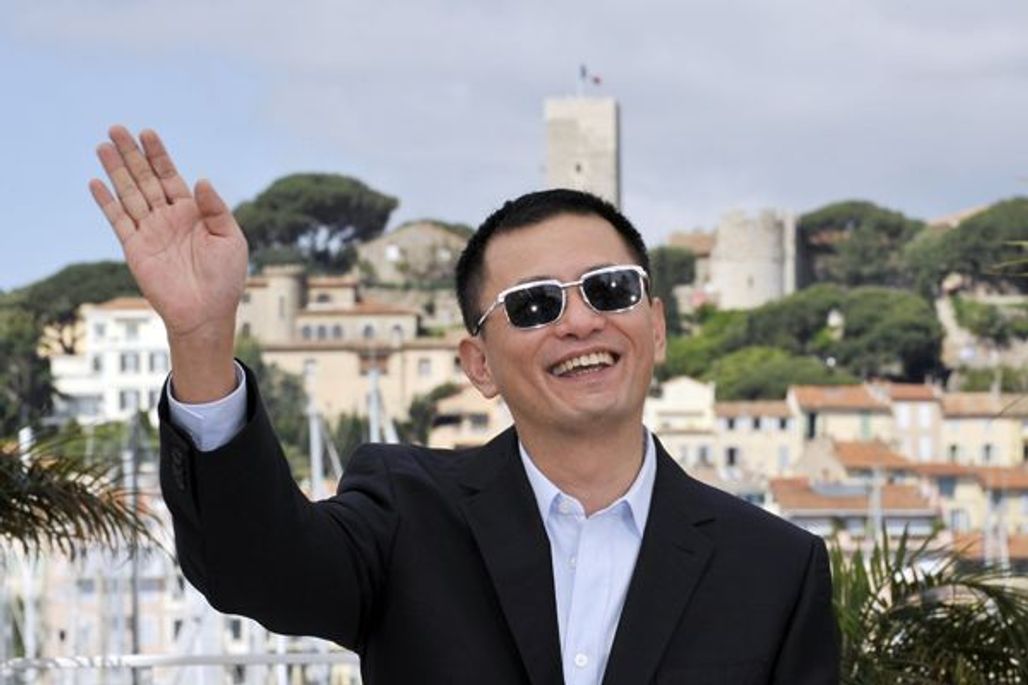
Special Screening: “Ashes of Time Redux” by Wong Kar Wai

Tonight’s screening will be enlightened by the presence of Wong Kar Wai, offering his reinterpretation of Ashes of Time, a film he made in 1994. He admitted it would be a challenge: “It’s complicated to revisit a dream that’s more than fifteen years old. New technology helps much of the time, but not always. I’ve had to restrain myself from looking at the film through the filter of the experiences and changes I’ve been through in the years since I made it: I simply want to make the film what it was always supposed to be, and I accept its virtues, if any, as much as its mistakes.”
Based on Louis Cha’s novel “Eagle Shooting Heroes,” Ashes of Time centers on a man named Ouyang Feng. Since the woman he loved abandoned him, he lives alone in the Western Desert, hiring hitmen who are experts in the martial arts to execute his contracts. His wounded heart has made him cynical and ruthless, but his encounters with friends, clients, and future enemies will gradually make him aware of his solitude.
“Martial-arts fiction has a long history in Chinese literature,” Wong Kar Wai commented. “It has generally been most popular in times of turmoil, such as during the civil war at the turn of the 20th century, or during the Sino-Japanese War, or in Hong Kong during the 1950s. This could be because the world in which the stories are set, the Jianghu, is imaginary, and it’s a world in which values exist only in their absolute forms. It’s also a world in which the only law is the law of the sword. And the stories are about heroes.”
At the special screening tonight, the Chinese director requested that the audience observe a moment of silence, in honor of those who died and the survivors, whose lives were upset by the forces of Nature.
Welcomed to the Festival de Cannes several times in the past, Wong Kar Wai opened last year’s Competition screenings with My Blueberry Nights. He also chose this venue to premiere 2046 (2004), In the Mood for Love (2000), and Happy Together (1997). Lastly, like Raymond Depardon, he was invited by Gilles Jacob to contribute a short piece to To Each His Own Cinema in 2007.


